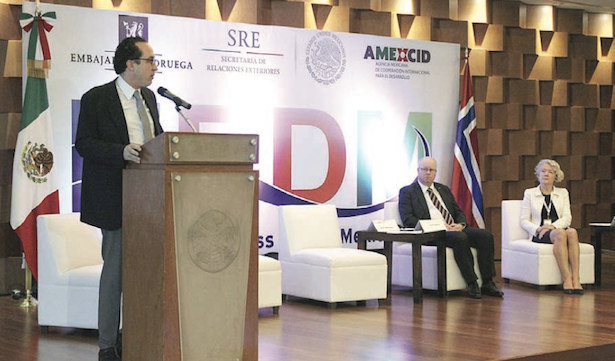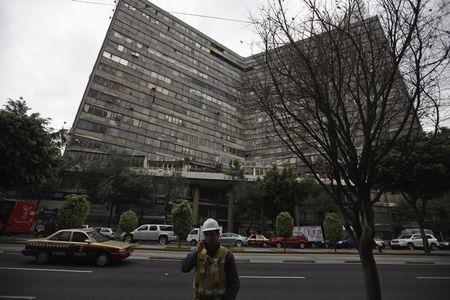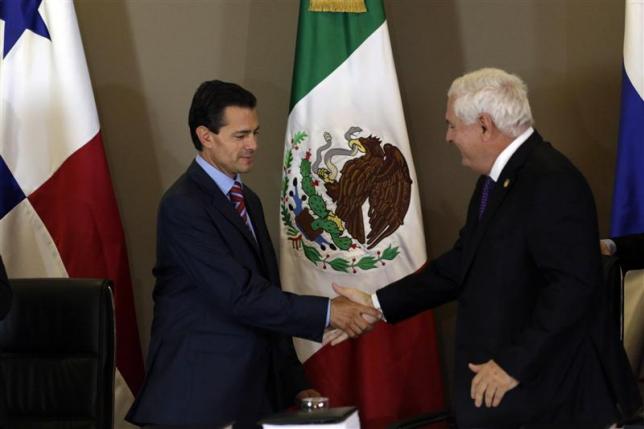laht.com
MADRID – Spain’s Iberdrola said on Monday it signed a contract with
petrochemical company Dynasol to build a 56 MW cogeneration power plant in the
northeastern Mexican state of Tamaulipas.
The cogeneration plant will
cost 1.3 billion pesos ($84 million), Iberdrola said in a
statement.
Cogeneration is a process that simultaneously produces both
electricity and heat from one fuel source, such as natural gas, making use of
heat that would otherwise be lost.
The deal is part of an expansion
strategy in Mexico, where plans call for investing up to 78 billion pesos ($5
billion) in generation projects over the next few years, the Spanish company
said.
Iberdrola, Spain’s largest power company, operates in Britain, the
United States, Mexico and Brazil.
Buenavista copper mine in Sonora.
Record copper production last year by mining conglomerate Grupo México propelled Mexico into 10th place on the list of the world’s top copper producers.
Mexico moved up one from 2013, bumping Indonesia out of the No. 10 spot, with total production increasing 11% to 522,000 tonnes, according to the latest annual copper survey by Thomson Reuters.
Grupo México-owned Southern Copper, with operations in Mexico and in Peru, finished the year as the fifth-largest copper producer in the world with output of 665,000 tonnes, the same ranking it held last year.
Chile is the world’s biggest producer by far, with production last year totaling 5.7 million tonnes. China was second with 1.6 million.
Southern Copper’s record-breaking output was attributed to the US $1.38-billion investment it made last year in its controversial Buenavista mine in Cananea, Sonora, where a devastating toxic spill took place last August.
The company was fined 23 million pesos for releasing 40,000 cubic meters of copper sulphate solution into two rivers.
Source: El Financiero (sp)
Mexico moved up one from 2013, bumping Indonesia out of the No. 10 spot, with total production increasing 11% to 522,000 tonnes, according to the latest annual copper survey by Thomson Reuters.
Grupo México-owned Southern Copper, with operations in Mexico and in Peru, finished the year as the fifth-largest copper producer in the world with output of 665,000 tonnes, the same ranking it held last year.
Chile is the world’s biggest producer by far, with production last year totaling 5.7 million tonnes. China was second with 1.6 million.
Southern Copper’s record-breaking output was attributed to the US $1.38-billion investment it made last year in its controversial Buenavista mine in Cananea, Sonora, where a devastating toxic spill took place last August.
The company was fined 23 million pesos for releasing 40,000 cubic meters of copper sulphate solution into two rivers.
Source: El Financiero (sp)













